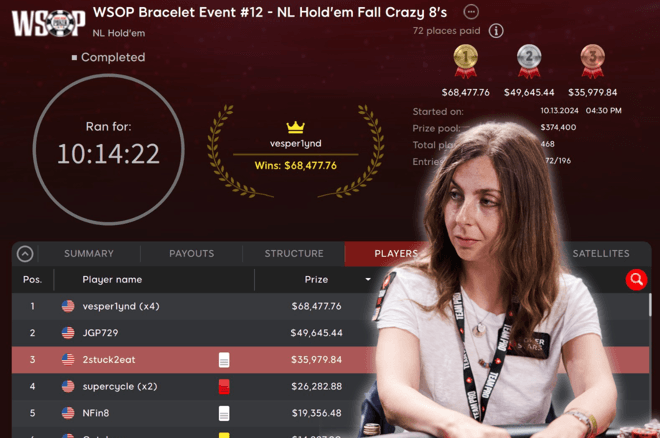About Us
Mastering the Artsatta kingj of G Rummy: Tips and Strategies
PREVIOUS:Players can greatly increase their chances of success in this captivating card game by comprehending its basics, cultivating a winning mindset, learning card counting strategies, creating strong melds, discarding prudently, strategically using jokers, identifying the best times to declare, & using sophisticated strategies. These tips will improve any player's Rummy Gold 51 experience, whether they are playing competitively in tournaments or just for fun with friends.NEXT:Bluffing, which is the deliberate discarding of cards that could give opponents false information about one's true intentions or hand composition, is one such tactic. Players may cause confusion & mislead opponents about their own strategies if they discard a card that could potentially complete an opponent's meld while keeping other valuable cards. Gaining an intuitive understanding of how opponents behave and pattern throughout the game is another sophisticated tactic. This involves counting the speed at which they remove particular cards from the discard pile or the frequency with which they alter their approach in response to what other players are doing.
Latest News
- ClubWPT Qualifier & Circuit Champ Proves Poker Dreams Never Fade24-12-11
- Best Online Casinos In New Hampshire 202424-12-11
- PokerStars Launches Its First Ever Women24-12-11
- Travis Macmillan Won The WPT 500 Playground For CAD$100,86024-12-11
- Enter Our Giveaway For a Seat Into The $5,000,000 Freeroll24-12-11
- Former Poker Reporter Tyler Warken Plays WPT Playground24-12-11
- Darren Elias Bagged On Day 1a Of The WPT Playground24-12-11
- Get Ready for the Asian Poker Tour Stop in Phu Quoc, Vietnam24-12-11
- USOP Grand Finale Boasts VND 100 Billion Guarantee24-12-11
- No Bluff – Author Maria Konnikova Wins First WSOP Bracelet24-12-11
Contact Us
Contact: if
Phone: 020-123456789
Tel: 020-123456789
E-mail: [email protected]
Add: 联系地址联系地址联系地址

 nr
nr